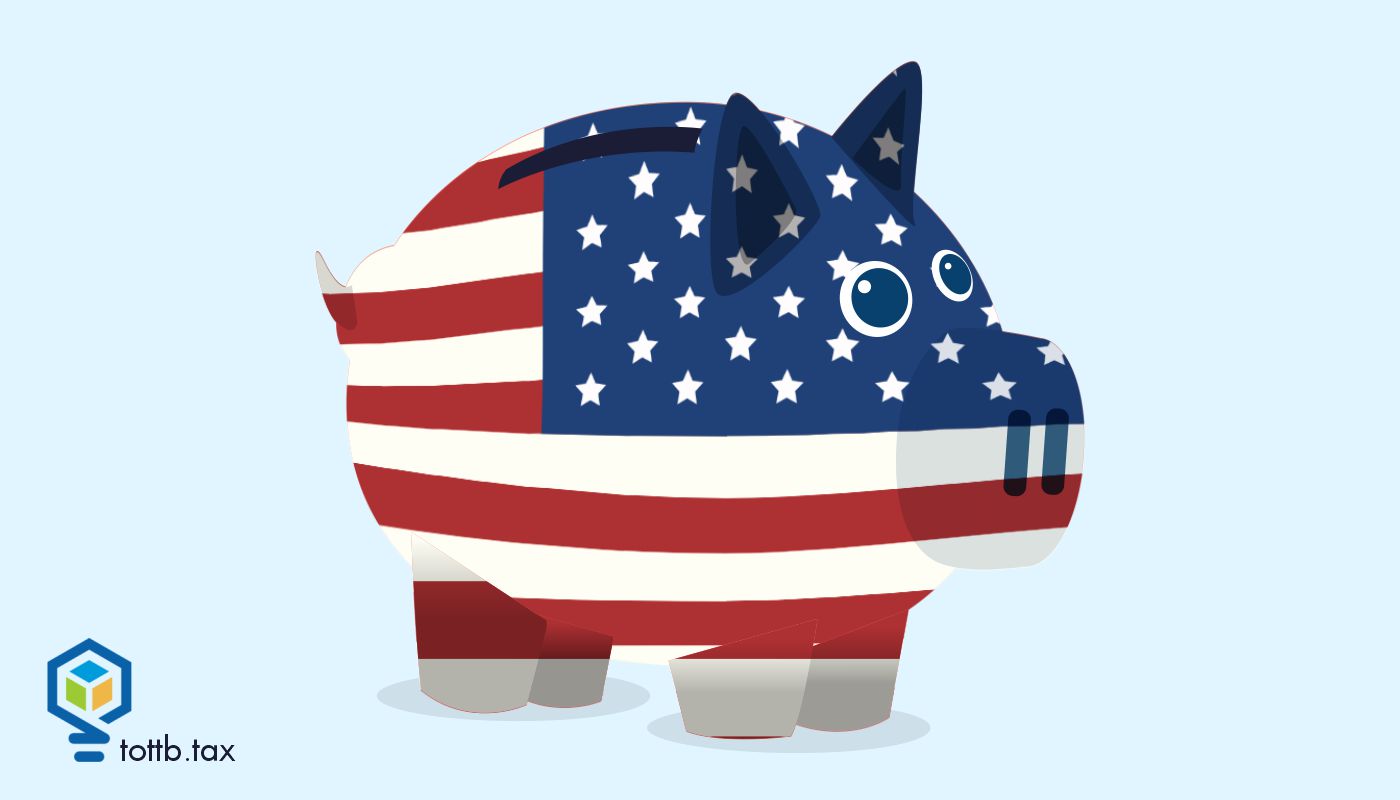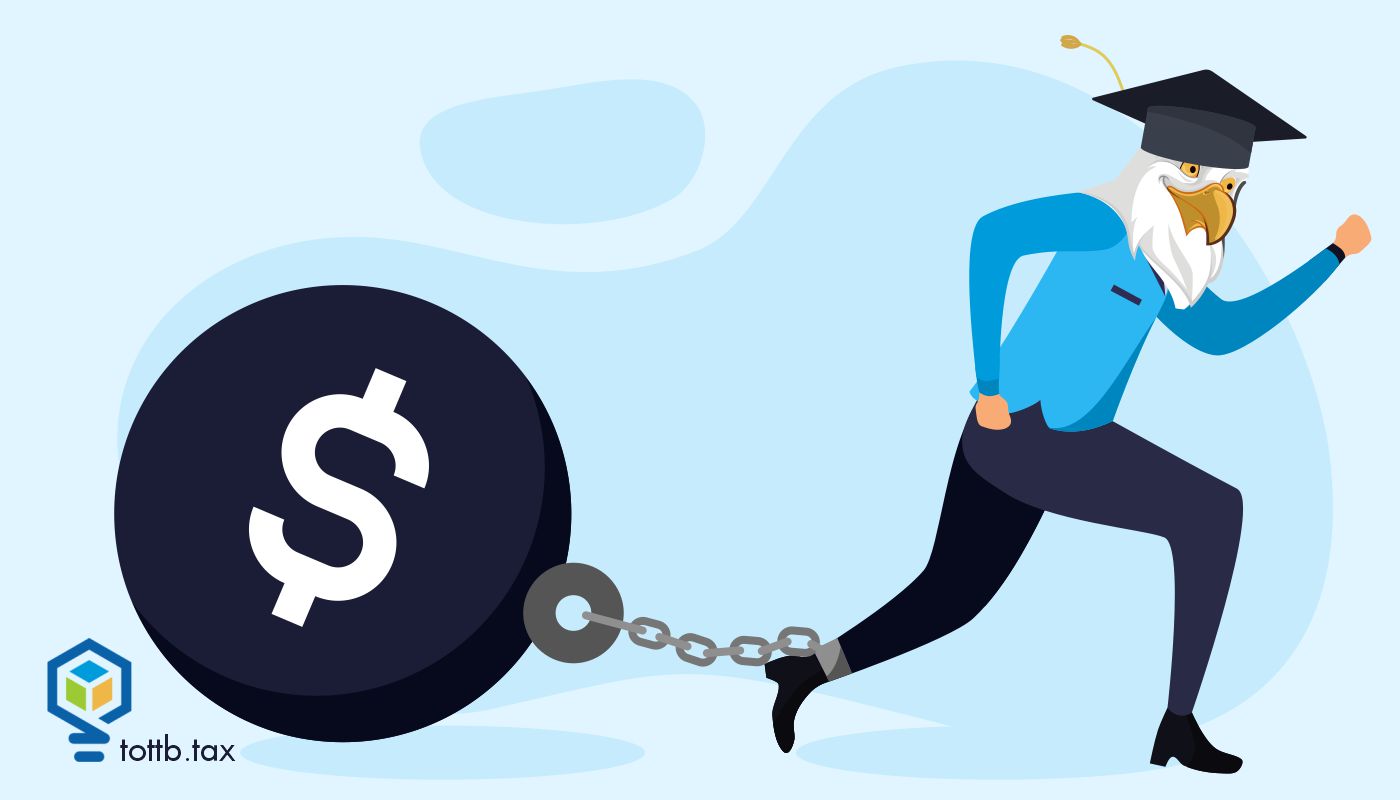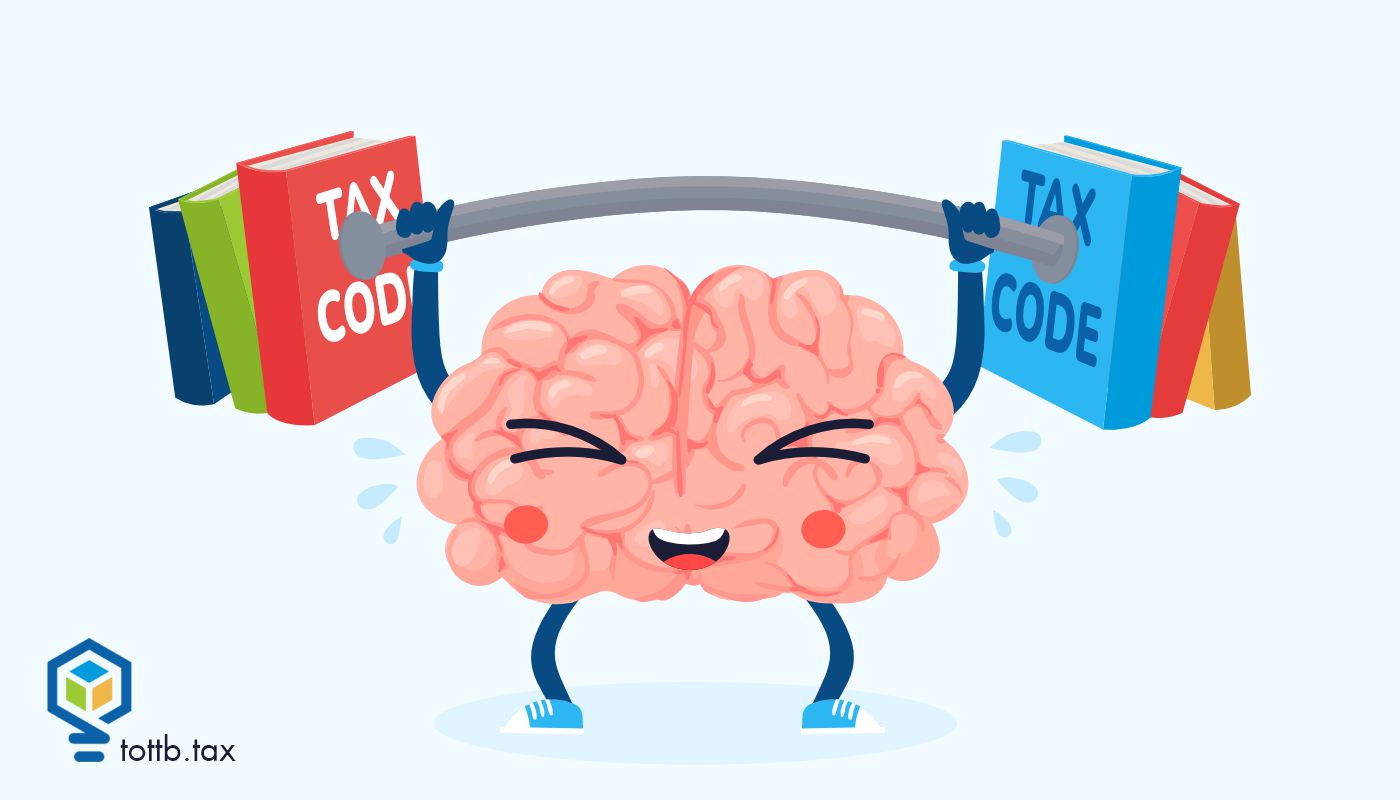LOOKING FOR LEGAL WAYS
TO REDUCE TAX?
New tax reduction strategies carefully explained and exhaustively researched every two weeks. Receive breaking news updates on tax law changes. Members only monthly AMA with TOTTB.tax.
WE PUBLISH TAX STRATEGIES FOR…
FEATURED CONTENT
“AI Inside” – What Does that Even Mean?
Remember back in the day when having your tax and accounting software in the "Cloud" was the newest, coolest thing? Even if it took us 10 years to realize that the "cloud" just meant someone's server somewhere else? Similarly, have you noticed that our tax and accounting products have a sprinkling of AI now? And if they don't, they're talking about how they'll be AI-ing soon? (And if they're not talking about it, do we even want them in our toolbox?) Let's chat about what it means to have "AI Inside", especially with the rise of tools like ChatGPT and Bard. The "AI Inside" label is becoming ubiquitous but can mean many things, so let's discuss. I'd hate for you to get excited about an AI feature only to discover that you can access it via one of the widely available Generative AI (GenAI) tools (ChatGPT, BingChat, Bard, Claude, etc.). While this new technology has fundamentally shifted everything, what does it mean for us as tax professionals? On this journey of exploring what "AI Inside" really means, we're going to discuss what's going on under the hood. We'll also dive into why creating a fully functional "TaxGPT" is challenging right now. (Notice I said "right now"). Finally, we can look at what "AI Inside" tools would be handy, even if you CAN get that functionality out of the regular ol' GenAI applications. In the end, you'll know whether to be impressed or pass. And, even more importantly, you'll know whether to spend the extra money on those tools.
Read MoreCURRENT EDITION

An Analysis of the OBBBA’s Trump Accounts (Part 1)
The One Big Beautiful Bill Act, signed into law by President Trump on July 4, 2025, added a new tax saving tool for minors, the aptly named Trump Accounts. In this article, I go over the details of the new Trump Accounts. In part II, I will discuss some of the potential tax planning opportunities and pitfalls related to the new accounts.

Student Loans After the OBBBA Part 1: New Rules Every Advisor Needs to Know
Big changes are coming to the student loan world (yet again), and they’re not the kind you can just skim past. The One Big Beautiful Bill Act (OBBBA) has reshaped how much students will be able to borrow, how they’ll repay it, and which programs will qualify for federal aid going forward. For financial and tax professionals, these shifts aren’t just policy updates. They’ll set the stage for how you’ll advise clients for years to come… and could even change the way you manage your own student loans. In Part 1 of our OBBBA student loan series, we break down the nuts and bolts of these new rules to help advisors (and borrowers) get some clarity on the collective question: “Seriously, what’s going on with student loans?”

IRS And Courts Have Wisdom to Offer Startup Businesses
There is a wealth of business wisdom in a fairly unlikely area. All the businesses involved lost money, sometimes enormous sums. The source is the litigation and regulation around Code Section 183 of the Internal Revenue Code – Activities not engaged in for profit. In order to deduct those losses against other income, taxpayers need to convince the IRS or the court that they had an honest objective of making a profit. The determination of whether an activity is carried on for profit is made by reference to objective standards. Is it possible that following those standards might contribute to you being profitable? It’s worth thinking about.
SIMPLIFIED TAX STRATEGIES &
PRACTICAL IMPLEMENTATION
Think Outside the Tax Box provides tax reduction strategies along with practical
implementation advice in order to reduce your clients’ federal tax bill with ease.







